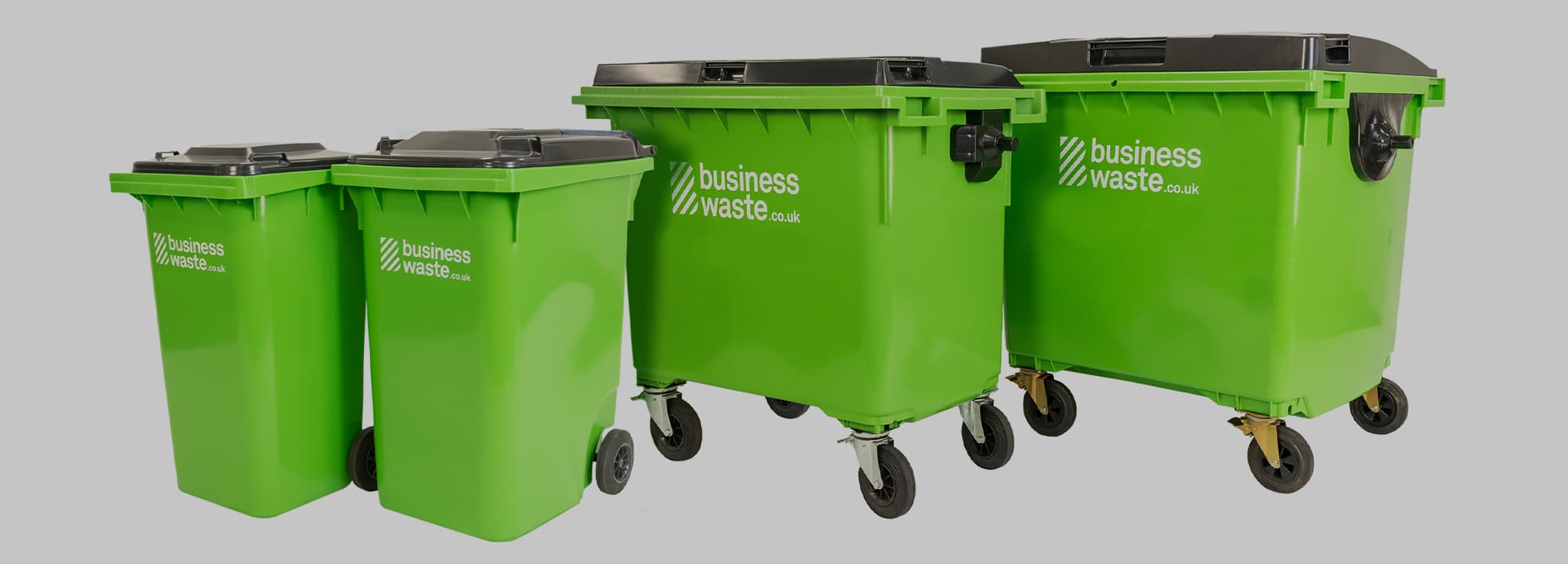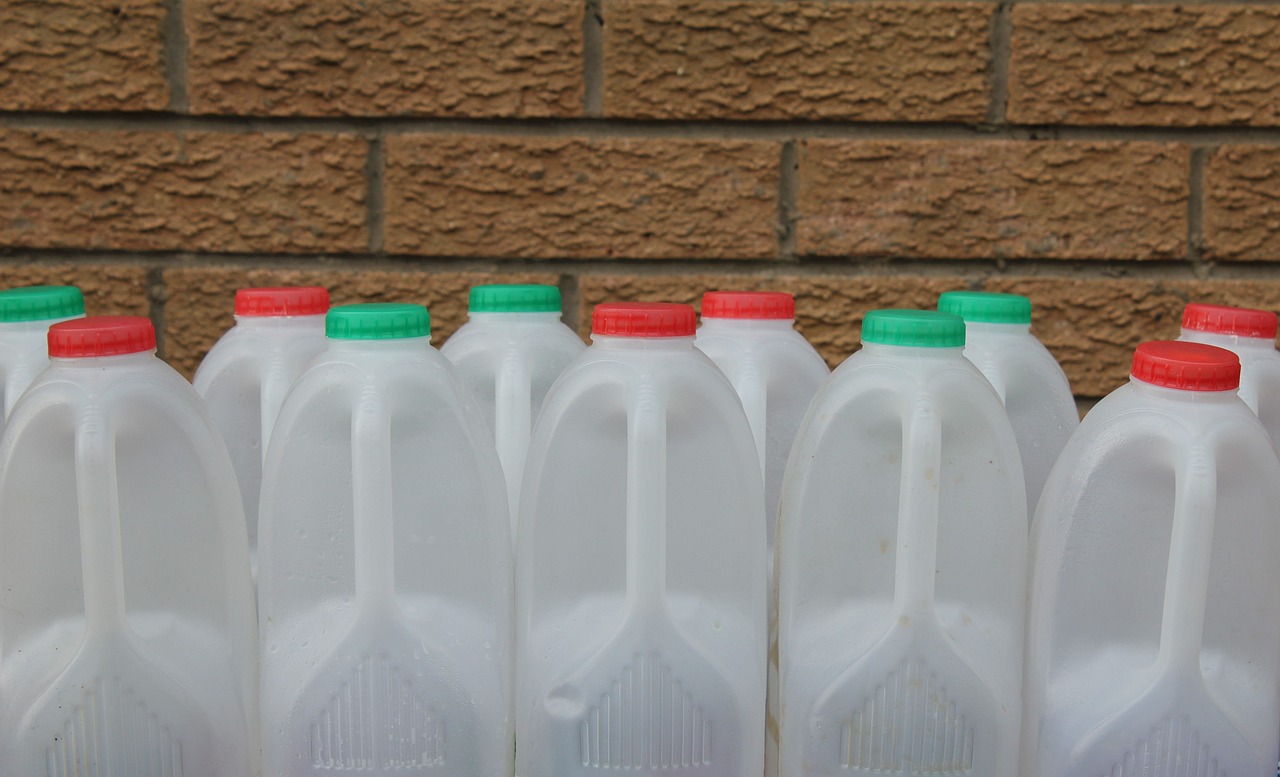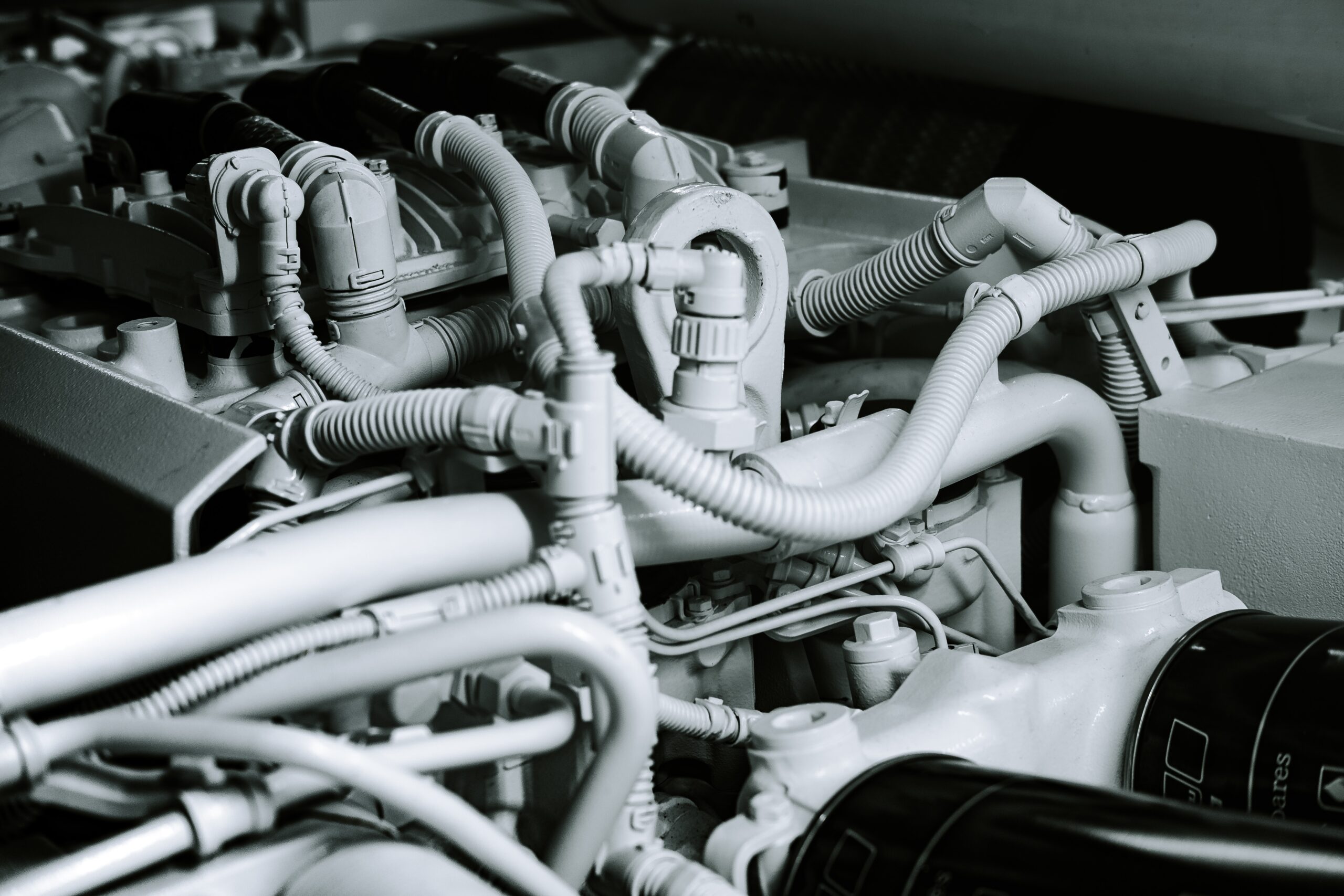
HDPE Recycling
High density polyethylene (HDPE) is a popular plastic type due to its strength and flexibility. It’s commonly referred to as just polyethylene but is marginally different from low density polyethylene (LDPE). Recycling HDPE is possible and important to help protect the planet and save your business money on plastic disposal.
Many businesses create HDPE waste regularly, as it’s used to make everything from milk and shampoo bottles to pipes and wheelie bins. Recycling HDPE is possible despite it being a hard-wearing plastic that’s resistant to most tearing or bursting. HDPE can be stored with other plastic waste but will be recycled by itself.
Find out all about HDPE recycling on this page or call 0800 211 8390 or contact us online today for a free quote for HDPE plastic recycling and waste collection.

Get a free quote
Get a fast FREE quote for HDPE recycling
- Free quote within 1 hr
- Any type of HDPE
- FREE bins and delivery
- We cover all of the UK
What is HDPE?
High density polyethylene (HDPE or PEHD) is a light yet tough, hard-wearing thermoplastic with high tensile strength. This high tensile strength differs from low density polyethylene (LDPE) and HDPE is resistant to impact. It can also face exposure to temperatures of up to 120°C without being affected.
HDPE has recycling code 2. The plastic type is opaque or translucent and it doesn’t absorb liquid readily, which makes it ideal for all sorts of bottles. HDPE is also resistant to many chemicals, acids, and alcohol, so it’s a common choice for detergent bottles and containers used in healthcare facilities and laboratories.
Thanks to its strength, lightweight, and flexible characteristics, many products are made of HDPE, including:
- Milk bottles
- Shampoo and detergent bottles
- Plastic carrier bags
- Food containers
- Pipes and pipe fittings
- Plastic trays
- IBC containers and wheelie bins
Is HDPE recyclable?
HDPE is recyclable in all its forms – including bottles, bags, tanks, film, offcuts, and sheets. It’s one of the easiest plastic polymers to recycle and is accepted at most recycling centres in the UK. All forms of HDPE are recyclable, but they’re often separated by type as the recycling machinery can differ.
Even though HDPE is recyclable, in the UK only 12% of all plastic bags made from HDPE and 28% of water and milk bottles are currently recycled. HDPE recycling saves resources, water, time, energy, and emissions. It can be recycled into new pipes, crates, film, plastic lumber, and even recycling bins.
HDPE has plastic code number 2 and is accepted in most domestic recycling bins. Check with your local authority first though and if not, you can take it to your nearby household waste recycling centre (HWRC). Businesses must arrange commercial waste collection of HDPE waste for recycling, which you can do via our plastic recycling services.

How is HDPE plastic recycled?
HDPE recycling processes can vary depending on the products and machinery used. For example, HDPE film and plastic bags are recycled separately from bottles and thicker products as they may get caught in the teeth of some recycling machinery. Businesses can store all HDPE together with other plastic waste for ease though, as it’s separated before recycling.
After your HDPE waste is collected and transported to a recycling centre the general process to recycle HDPE involves:
- Sorting – clean and contaminated HDPE products are sorted, while all other plastic types and any other materials are removed for processing elsewhere.
- Cleaning – the HDPE is then rigorously cleaned to remove any contaminants and ensure the material quality is at a high level.
- Separating – further sorting ensures no other polymers are present. HDPE has a lower density than PET plastic but is similar to PP plastic. Near-Infrared Radiation (NIR) techniques are used to separate any non-HDPE plastic, while bottles and thicker items are separated from any remaining film, bags, and thinner HDPE.
- Shredding and melting – the HDPE is then shredded and melted down to refine the polymer. It’s then cooled and formed into pellets.
- Creating new products – these pellets are used in manufacturing processes to create new HDPE products. Often they’re combined with some virgin HDPE pellets to form fresh pipes, crates, sheeting, film, and non-food bottles.
Why is recycling HDPE important?
Recycling HDPE is important because it’s completely recyclable and we use around 30 million tonnes of HDPE in the world every year. That’s around the same weight as five million elephants, which could end up in landfill if not recycled. HDPE is non-biodegradable and takes hundreds of years to break down.
If HDPE plastics go to landfill they can leach the chemicals they contain into the ground, air, and nearby water – adding to pollution levels and emissions. Recycling HDPE 2 avoids contributing to global emissions and helps protect the environment while ensuring your business operates sustainably.
HDPE 2 recycling to produce new products is also cheaper and more energy-efficient than manufacturing fresh items from virgin plastic. Around 1.75kg of oil is used to manufacture 1kg of HDPE. Creating new products from recycled HDPE saves a significant amount of fossil fuels and energy, and HDPE can be recycled up to ten times.
For your business, recycling HDPE 2 also saves you money on disposal costs. Recycling the plastic rather than sending it to landfill or disposing of it with your general waste reduces how much landfill tax you must pay. Plus, it has a much more positive environmental impact.
How to dispose of HDPE
To dispose of HDPE plastic waste responsibly from your business it must be removed from your premises by licensed waste carriers. The easiest way to do this is to arrange commercial waste collection with Business Waste. We deliver free bins to store your HDPE waste before removing and recycling your plastic waste. To dispose of commercial HDPE plastic:
- Start with a free no obligation quote for plastic waste collection and recycling. This will be tailored to your needs, such as where your business is, how much HDPE plastic you need collecting, and how often. Our experts can advise on the best solution if you need a hand.
- Arrange delivery of free plastic bins to store your HDPE waste. You can fill each one within any max fill lines or weight limits with all types of plastic waste. A wide range of wheelie bins from 120 to 1100 litres are available – you only pay for collection.
- Place the full plastic waste bins at the agreed pickup point ahead of the collection time. Licensed waste carriers will come and remove the bins and replace them if you’ve arranged regular plastic waste collection.
- They’ll transport your HDPE plastic waste to a nearby waste management centre. Here it’s checked, sorted, and separated from other waste types. The HDPE plastic is then recycled and turned into new plastic products.
- Receive a free duty of care certificate confirming your HDPE plastic waste was removed and disposed of responsibly, legally, and in an eco-friendly way – for added peace of mind.
To dispose of HDPE plastic products at home you can normally throw them away in your household recycling bin. Check if your local authority accepts HDPE 2 plastic in your domestic recycling bin first. If it does, ensure all items are clean and dry to remove contaminants before putting them in your bin.
If you’ve got high volumes of HDPE or large items you might be able to take them to your local HWRC for recycling. Most HWRCs accept HDPE for recycling in their large plastic waste containers. Alternatively, contact Business Waste for a free quote for plastic waste collection.

Who needs to recycle HDPE?
Any business that uses HDPE materials should recycle them. Most organisations create some level of HDPE waste, from empty milk bottles in the office kitchen for the countless cups of tea and coffee to old pipes on construction sites. It’s important to recycle HDPE 2 to protect the environment and save money on disposal costs.
Some of the main industries that should recycle HDPE include:
- Retailers – plastic carrier bags, containers, and some plastic bottles
- Takeaways – used plastic food containers, bottles, and bags
- Offices – empty plastic milk bottles from the kitchen
- Construction – pipes, pallets, containers, and drums
Arrange HDPE plastic waste collection
Book collection of HDPE and other plastic waste on a daily, weekly, or fortnightly basis – or arrange a one-off removal with Business Waste. Get a free no obligation quote based on the number and size of plastic bins you need, how often you want them collected, and where your business is anywhere in the UK.
We provide free bins to store HDPE waste – just pay for collection. You can combine all types of plastic in the same bin, it’s separated and recycled responsibly at a relevant recycling centre. Licensed waste carriers remove your bins, and you’ll receive a free duty of care certificate with all plastic waste diverted away from landfill.
Get a free quote for HDPE waste collection today – call 0800 211 8390 or contact us online. Speak to one of our friendly and expert team if you have any questions or want some advice about HDPE recycling at your business.
HDPE recycling FAQs
-
How is HDPE made?
HDPE is made by cracking – applying intense heat to petroleum to produce ethylene gas. The ethylene molecules are polymerised (combined and attached) to form chains of polyethylene. They combine in a high-density arrangement to form a viscous resin or sludge. This is then moulded into the desired HDPE product.
-
Can I put HDPE plastic in my recycling bin?
You can put HDPE plastic waste in most household recycling bins as it’s widely collected by local councils. HDPE is recyclable and commonly used but check with your local authority whether it’s allowed in domestic recycling bins first. If not, you might be able to recycle HDPE at your nearest HWRC.
-
What is the recycling rate for HDPE in the UK?
There’s no single recycling rate for HDPE in the UK as it’s used for a variety of products. The recycling rates for some HDPE products in the UK are:
- 74% of HDPE plastic bottles are recycled
- 12% of HDPE plastic bags are recycled
- 75% of HDPE containers and tubs are recycled
-
How long does it take for HDPE plastic to decompose?
It can take hundreds of years for HDPE plastic to decompose. The time for HDPE plastic to break down depends on the product. For example, a HDPE supermarket bag may decompose in at least 20 years, while plastic bottles can take up to 250 years and HDPE pipes might decompose in more than 1,000 years.
Recycling all HDPE products is essential to avoid them rotting in landfill for hundreds of years.
-
What temperature does HDPE plastic melt at?
HDPE plastic melts at a temperature between 120 and 130°C. The plastic isn’t as hard as polypropylene (PP), which has a much higher melting point. The temperature to melt HDPE plastic can also vary depending on the type, size, and thickness of the product.
-
How many times can HDPE be recycled?
HDPE plastic can be recycled up to 10 times before its quality is compromised. Most recycled HDPE is combined with virgin pellets to maintain the high quality of plastic. HDPE is always checked at the recycling centre to ensure its quality before processing, so it’s worth always recycling any HDPE waste.
Get a fast and free quote
Get a fast FREE quote for plastic waste collection
- Free quote within 1 hr
- Any type of waste plastic
- FREE bins and delivery
- We cover all of the UK
